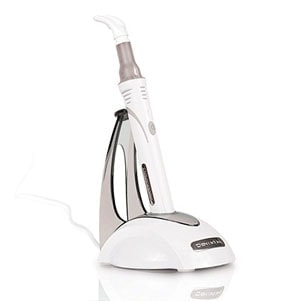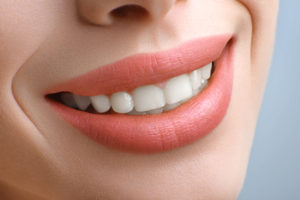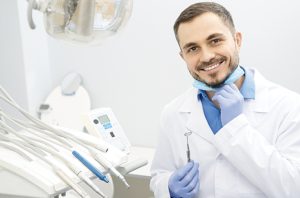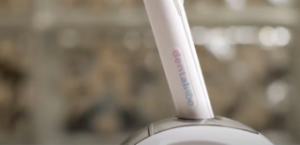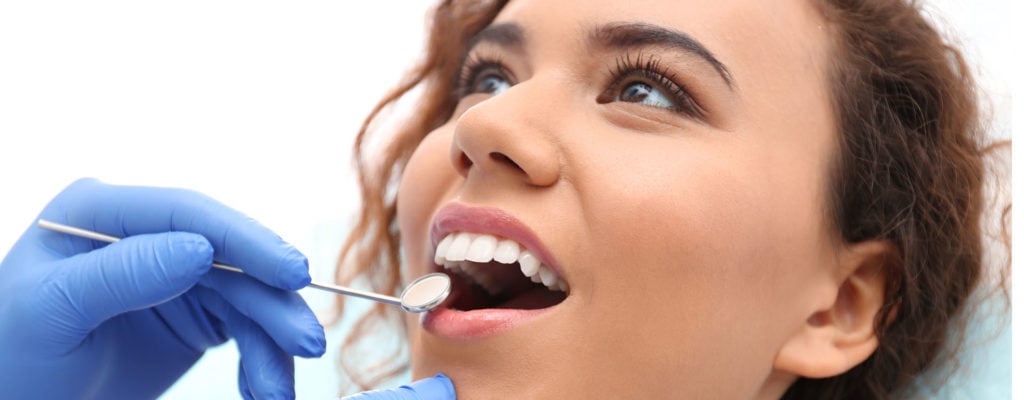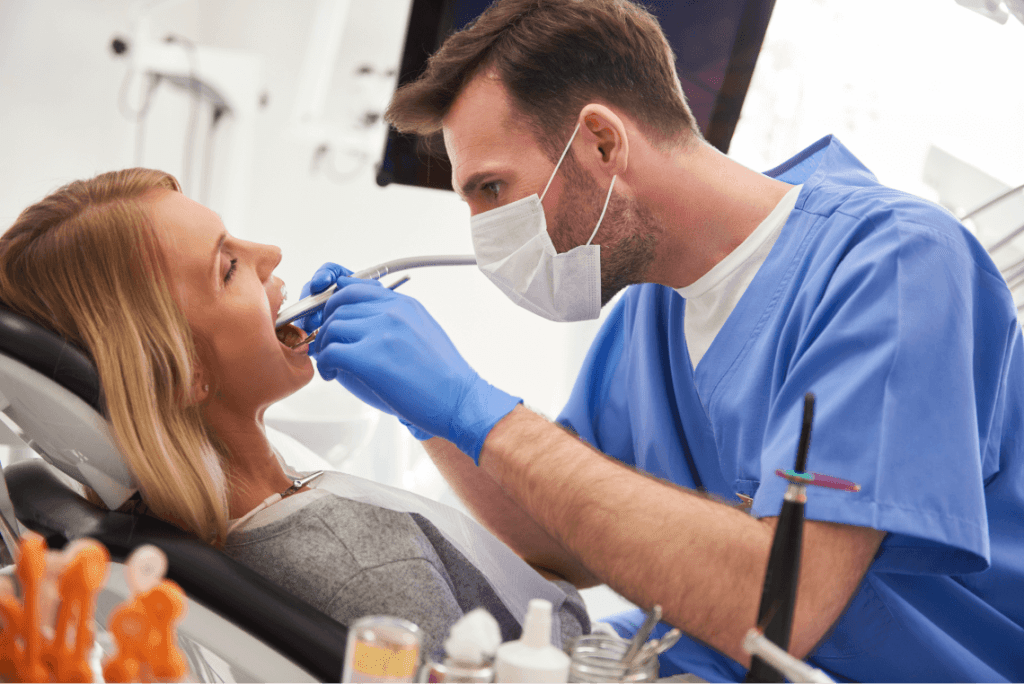In most cases, jaw pain originates from temporomandibular joint disorder. Although it does not require immediate medical attention, it may be an indicator to an underlying condition. This makes it important to visit your dentist for further screening especially when the pain becomes severe and persistent.
What causes Jaw Pain?
The primary cause is the temporomandibular joint disorder that affects the muscle and bones responsible for jaw movements. Although this condition may cause further pain and discomfort, it remains critical to visit a dentist when the pain persists.
Jaw pain can also be because of physical injuries that happen during sports, head-on collision accidents and surgical procedures that destroy the jaw nerves and blood vessels.
Just like headaches, jaw pain is a common complaint that often disappears without medical intervention.
Potential causes of Jaw Pain
- Dental surgery- once a patient undergoes dental surgery, it is highly likely that they will experience jaw pain. For this reason, dentists often prescribe pain relievers to help the patient during the recovery process. Often, it may take more time for a person to heal after dental surgery.
- Dislocated Jaw– a patient may dislocate their Jaw by opening the mouth too wide while shouting, eating, or yawning.
- Broken Jaw- a patient may dislocate the Jaw if they fall or receive a blow to the face. Broken jaws are common among sports people.
- Teeth Grinding and Clenching- most people that grind and clench their teeth while under tense satiation or asleep may likely experience jaw pain. This condition is mainly referred to as Bruxism and it can lead to tooth damage.
- Arthritis- it causes wear and tear between the smooth surface in the tooth joints. Ware may also proceed to the jawbones leading to jaw pain. Inflammatory conditions due to arthritis can also affect the jawbone and cause jaw pain. Conditions such as synovitis psoriatic arthritis cause joint inflammations as well.
- Dental conditions- tooth gaps, cavities, and gum disease can also give rise to jaw pain.
- Neuropathic pain- the nerves play an important role in communicating with the brain. However, when this nerve is damaged, it is highly likely for an individual to suffer from jaw pain that occurs from time to time. Neuropathic pain can manifest in the form of cancer-related pain, and trigeminal neuralgia.
- Vascular conditions- symptoms of a problem within the vascular system may manifest through jaw pain. Examples of vascular conditions that can lead to jaw pain include angina and temporal arteritis.
Temporal arteritis is a condition that affects the arteries on both sides of the head. Although it is in the temporal region, these arteries may become inflamed and consequently cause jaw pain and headaches.
Angina develops in a situation where the heart gets less oxygenated blood that happens due to blockage in the coronary artery. Angina may cause jaw pains in addition to chest pains. The condition also increases risk of cardiovascular diseases.
- Osteomyelitis- during dental surgery, the possibility of getting a complication exists, and Osteomyelitis is one of those you should expect. Although rare, it can affect the jaw bone and consequently cause jaw pain.
Other conditions that may result in jaw pain also include:
- Sinusitis
- Ear infections
- Fibromyalgia
- Salivary gland disorders
Symptoms
While signs and symptoms vary from on patient to another, the common ones include the following:
- Face and jaw pain
- Jaw locking
- Jaw clicking
- Jaw popping
- Grinding sounds
- Tooth grinding
- Tooth clenching
- Difficulty in chewing and swallowing
- Difficulty in opening the mouth
- A burning sensation in the mouth
- Sensitive teeth
Diagnosis
To diagnose jaw pain a dentist must physically examine the patient to confirm the symptom exhibited. They can recommend further tests such as blood tests and imaging to determine the cause of the patient’s jaw pain. A dentist can also suggest tests such as psychiatric screening and other specific condition tests.
Treatment
Treatment will vary depending on the cause of the jaw pain. Common medications include the following:
- Muscle relaxants
- Oral sprays
- Steroid injections
- Antiviral therapy
- Physical therapies such as use of mouth protectors, relaxation therapy, checking posture, and stretching
- Dental treatment options such as tooth extraction, root canal treatment, and heat/ cold therapy
- Alternative therapies such as acupuncture, Massage, adopting soft diet

